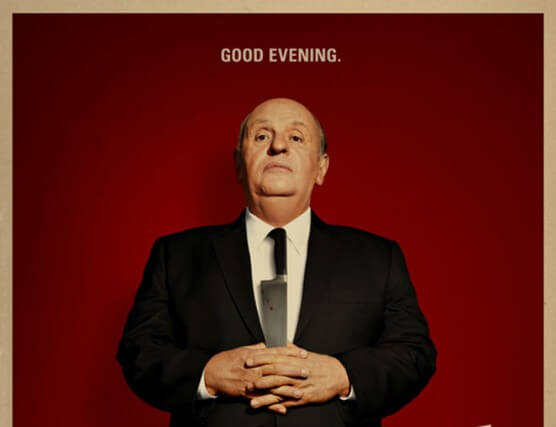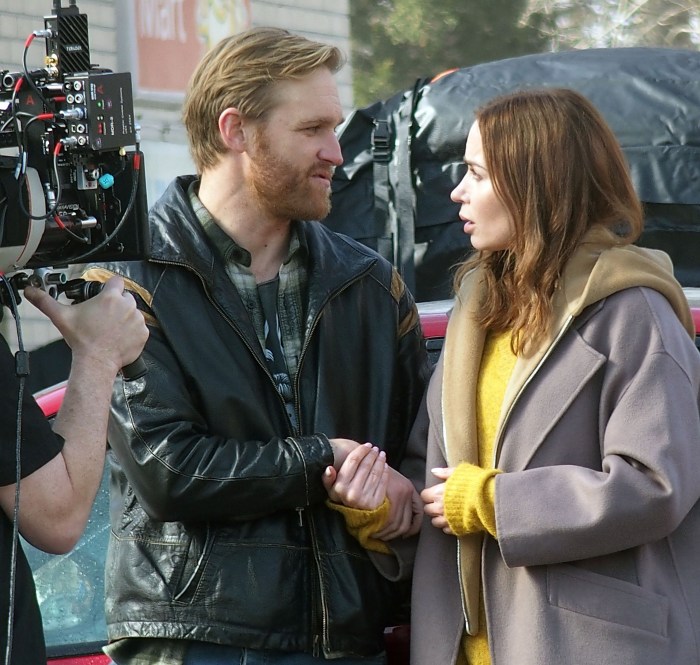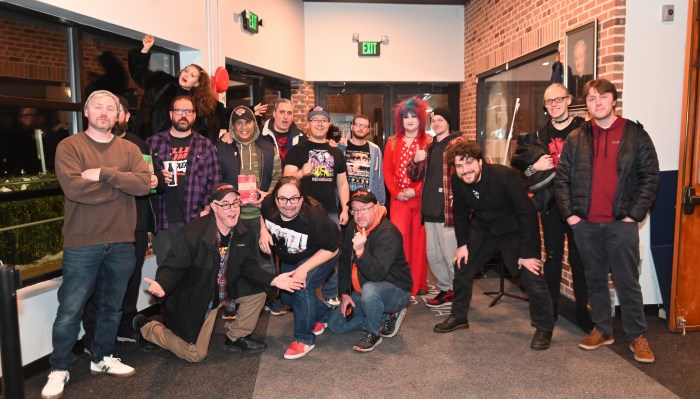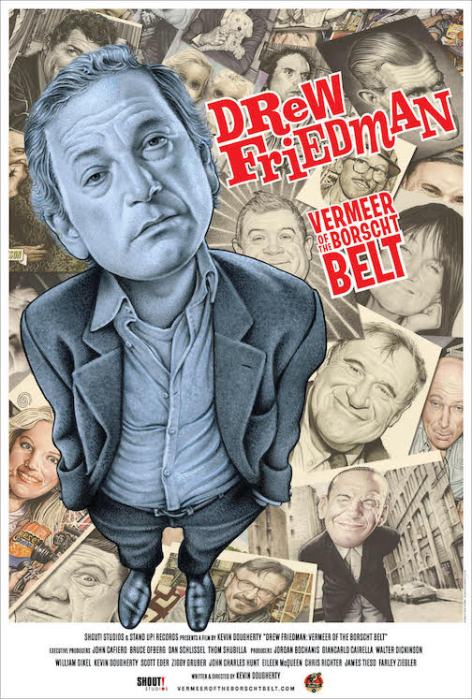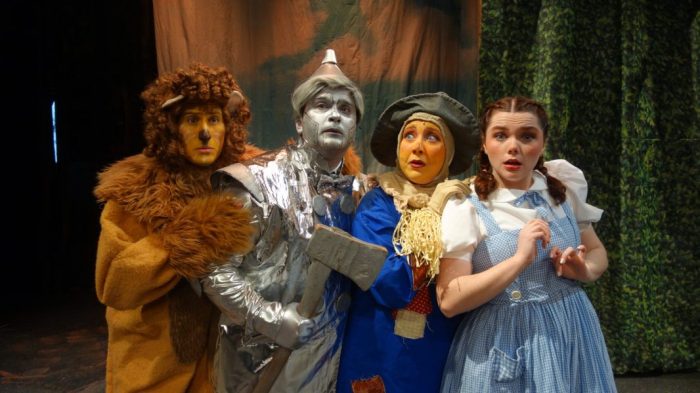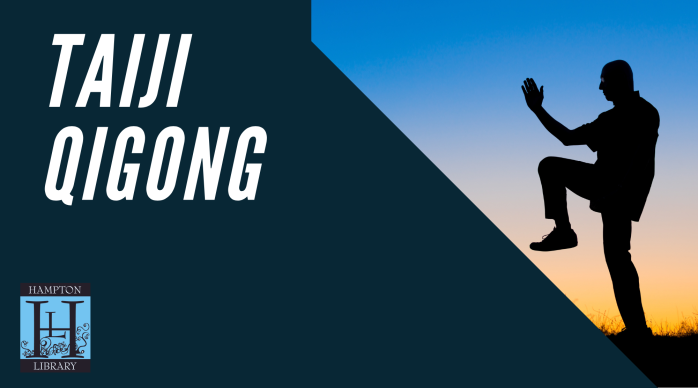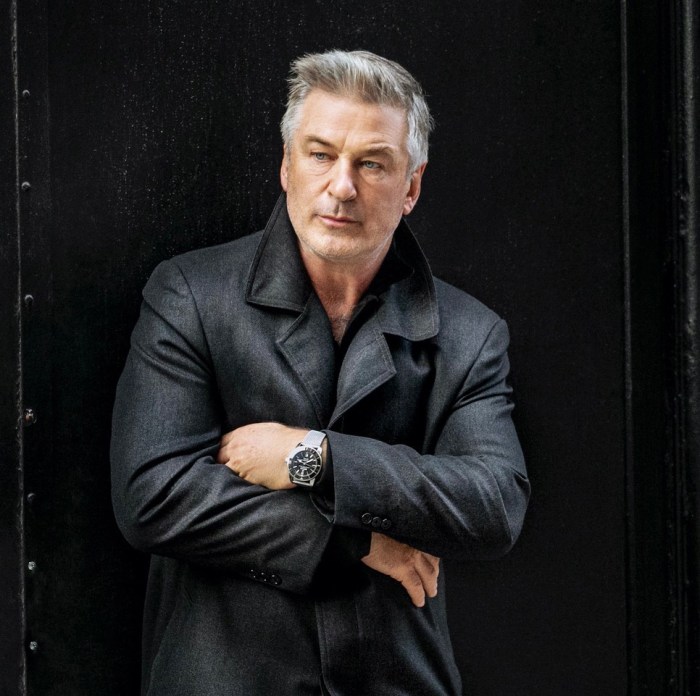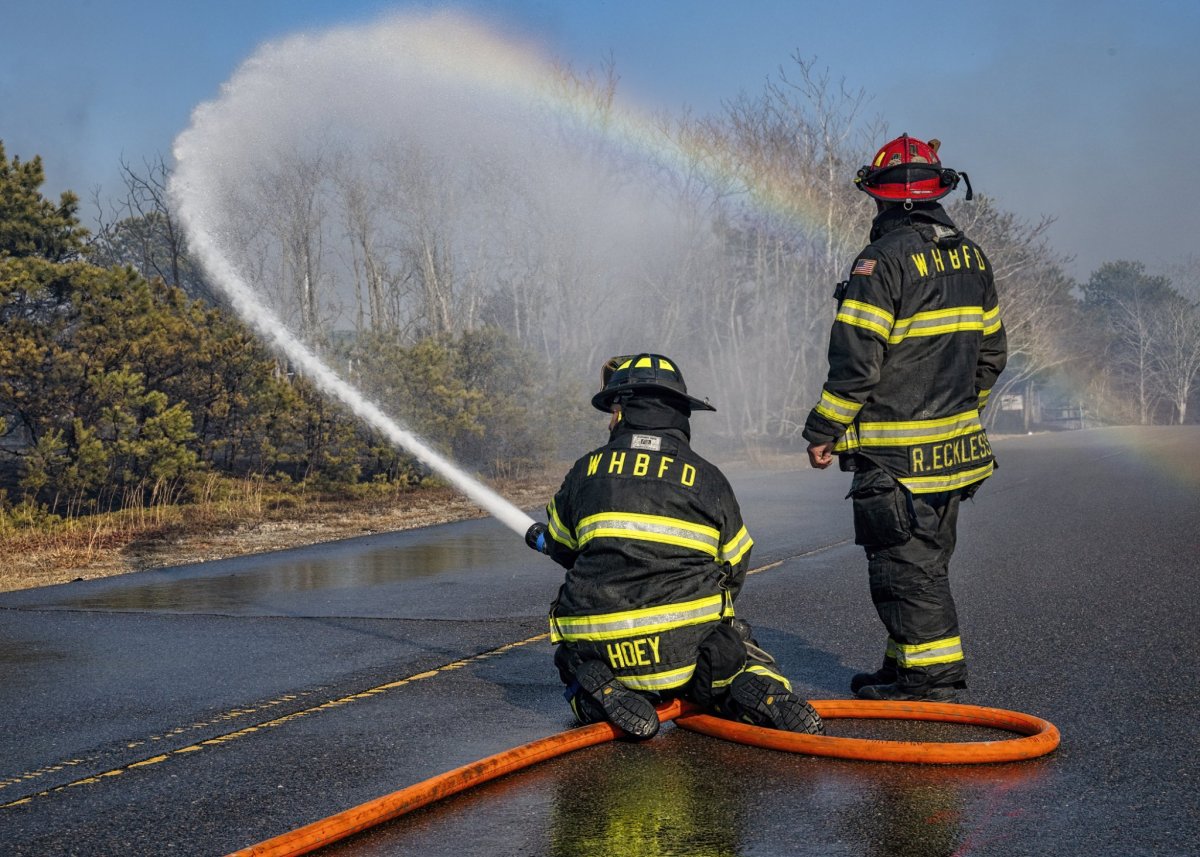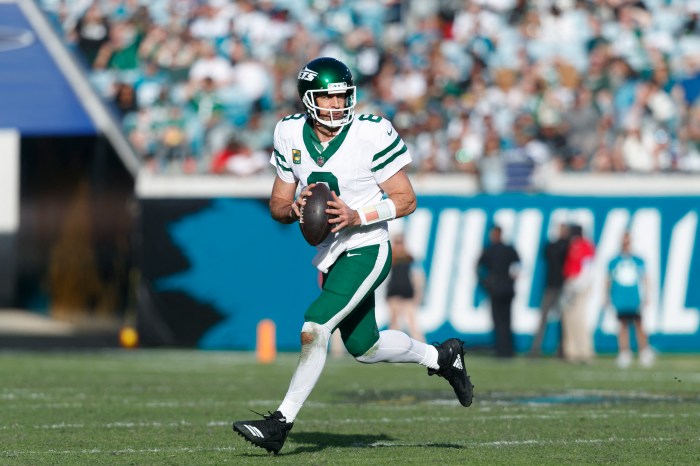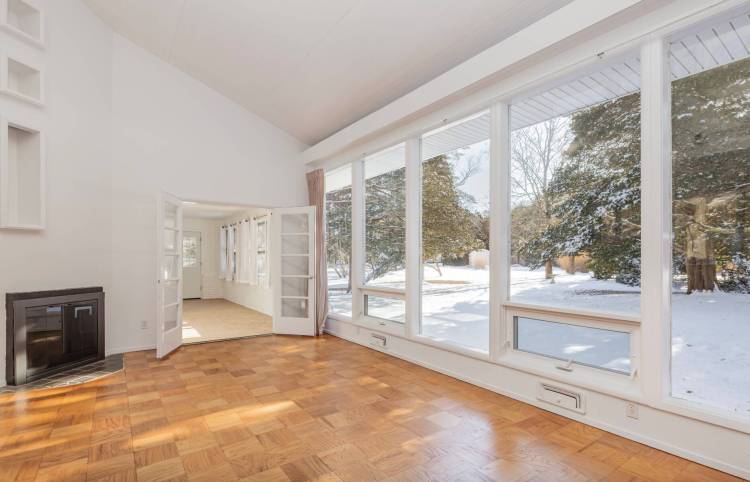 You would think that playing Alfred Hitchcock would be a piece of cake for fellow esteemed British icon Anthony Hopkins. But during this conversation about his turn as the jolly gent with a strange dark side in Sacha Gervasi’s Hitchcock, Hopkins surprisingly fessed up about being plagued by his own insecurities.
You would think that playing Alfred Hitchcock would be a piece of cake for fellow esteemed British icon Anthony Hopkins. But during this conversation about his turn as the jolly gent with a strange dark side in Sacha Gervasi’s Hitchcock, Hopkins surprisingly fessed up about being plagued by his own insecurities.
1. What was it like when you first became Hitchcock?
Well, I saw myself in the mirror when they were putting the makeup on me. And it was quite astonishing to me. So the makeup certainly helped me, and the big fat suit. So it was relatively easy, I had already learned the script as I obsessively tend to do. And then it’s up to the gods, or up to whatever! But I was certainly not at my most secure… which was very good. Because if you get too secure, you become lazy.
2. Were you a fan of Hitchcock?
I had been a fan of Hitchcock ever since I was a young boy. At 16 years of age, I saw Rear Window. And then later, his other films. And Vertigo is one of my favorites. And then Psycho, in 1960. I was one of the early viewers. And I was knocked out by the power of Psycho, and the terrifying aspects of that film. So I became a Hitchcock fan. And in England in those days, to go and see a Hitchcock movie was an event. But my four favorite films are all by Hitchcock.
3. Had you ever met Hitchcock?
I once met Hitchcock in a restaurant in West Los Angeles. It’s called Ma Maison. And I was with my agent, who actually also represented Hitchcock. He also represented, by the way, Marilyn Monroe and Montgomery Clift. His name was George Chasen. It was 1979, and Hitchcock had just been made a knight by the queen. So I said I’d love to meet him. And so we walked past his table, and my agent said, “Good afternoon, Sir Alfred!” And Hitchcock said, “Hello George, how are you?” And when I was introduced to Hitchcock, he said, “Charmed, I’m sure.” And that was the only time I met him.
4. What do you think of Hitchcock’s clashes with Hollywood?
He felt like an outsider. The truth is, he did say when he was never nominated for an Oscar, “Always the bridesmaid and never the bride.” So he probably felt it deep down but was too polite, or too remote to complain. But I think that it must have rankled him, that he was never really taken that seriously by the commercial side of Hollywood. Because he was a great moneymaker. And when the red flag went up because he wanted to do a schlock horror movie, they thought he was mad. And he probably thought he was mad, too! So when he made Psycho, it was a great triumph for him that he actually beat the system and made money. It must have amused him, too.
5. Did Hitchcock have a dark side?
People are very fond of using the term, the dark side. I don’t think he had a dark side. But he was a complex, probably very insecure man. And I think he was a very guarded and shy man, and didn’t want to express emotion. And you know, I think it was locked inside his obsession with the feminine side of himself. Which was his creative self. So it manifested in those beautiful blonde women in his movies, who were inaccessible. And who were really deep inside him. That was the ideal woman. Or his ideal feminine anima.
6. How do you think Hitchcock changed the perception of horror?
He wanted something that had more grit in it. Something that was more terrifying. But terrifying about life. And I think what sends shivers up people’s spines is Hitchcock as a voyeur. And, as he said, “I’m just a man in a corner with a camera.” And then we have voyeurs going to the movies. So the guy’s genius lives on, many years after his death. And I felt very honored to play him. But I felt very nervous because I thought, “Well, I can’t do justice to this.”
7. What do you feel was Hitchcock’s most powerful creative weapon?
He had the capacity to send a chill up your spine. Sheer genius trapped in that enormous body. And I think that made him a very lonely, soulful, hurt man. And that’s what I found so enjoyable, playing him. He was a deeply hurt man, I think.




